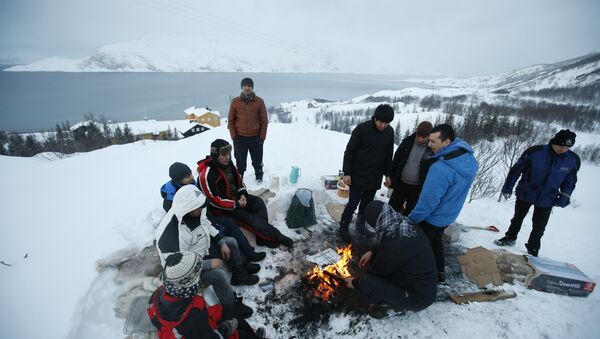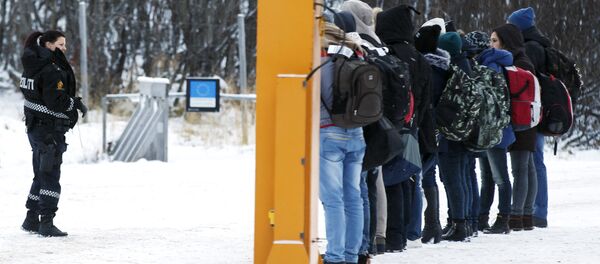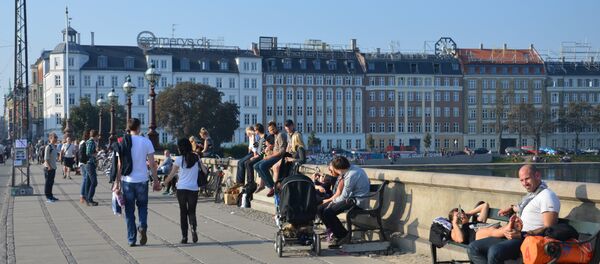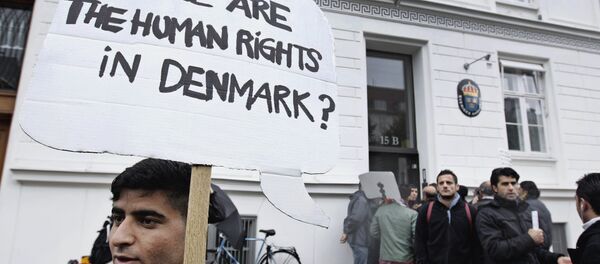"Since fewer refugees are coming, why not spend the money on international aid?" MP Kjell Ingolf Ropstad of the Christian Democratic Party said to Norwegian national broadcaster NRK, expressing fears that the government will spend the money on other purposes instead of international long-term aid and relief efforts in poor countries.
"The extra money was to help people who came to Norway. Now that they are no longer coming to Norway, we must help them where they are," Ropstad told to NRK.
"Siv Jensen [Finance Minister] and Erna Solberg [Prime Minister] will surely use it for many good causes, but we agreed with the government that this was the money that would help people in need," Ropstad said.
Foreign Minister Børge Brende, however, gave no guarantees. If there is money to spare, it might be spent on elderly care in Norway, he told NRK.
"If we happen to use less of the refugee aid than planned, we will discuss where the money should go to. It does not automatically go back to the development budget," Brende said, reminding that Norway is already one of the largest aid donors to poor countries and fragile states.
According to Brende, the time was not yet ripe to draw conclusions as the government has not yet tallied the total bill for the refugees who came in last year, who number over 33,000. So far this year, only 1,678 asylum seekers have been taken in to Norway, which is the lowest figure since 1997. Last year, researcher Erling Holmøy of Statistics Norway (SSB) evaluated the realistic long-term cost of Norway's immigration policy as 750 billion NOK (almost 90 billion USD), Verdens Gang reported.
For years, Norway has, despite having a population of only five million, been among the world's most generous countries in terms of international aid. In 2015, Norway provided over 34 billion NOK (roughly 4 billion USD) to poor countries, which amounted to 1 percent of its Gross National Income. Only Norway, together with Sweden, Luxembourg, Denmark and the United Kingdom meet the UN's goal of providing above 0.7 percent of GNP in international aid.





